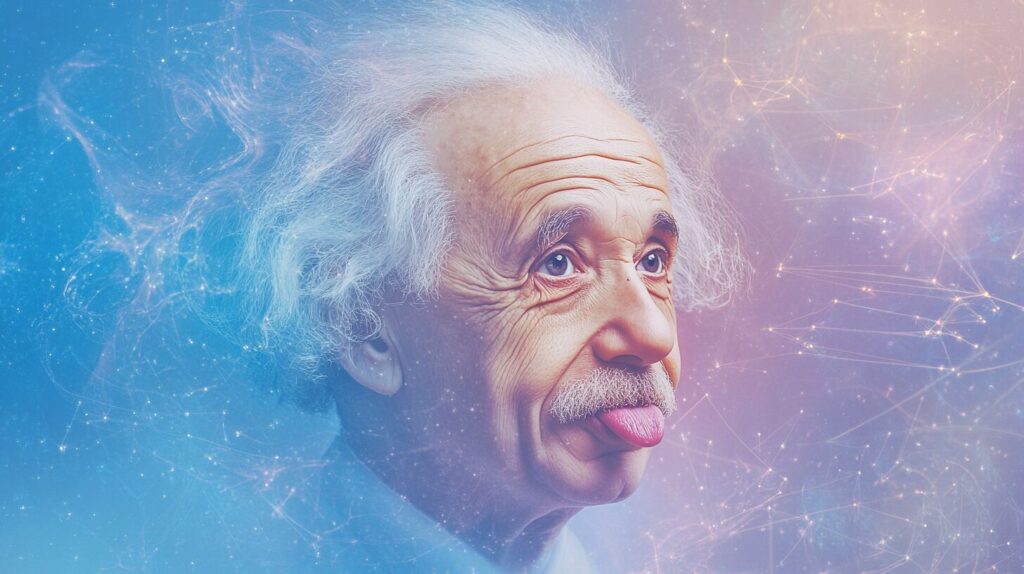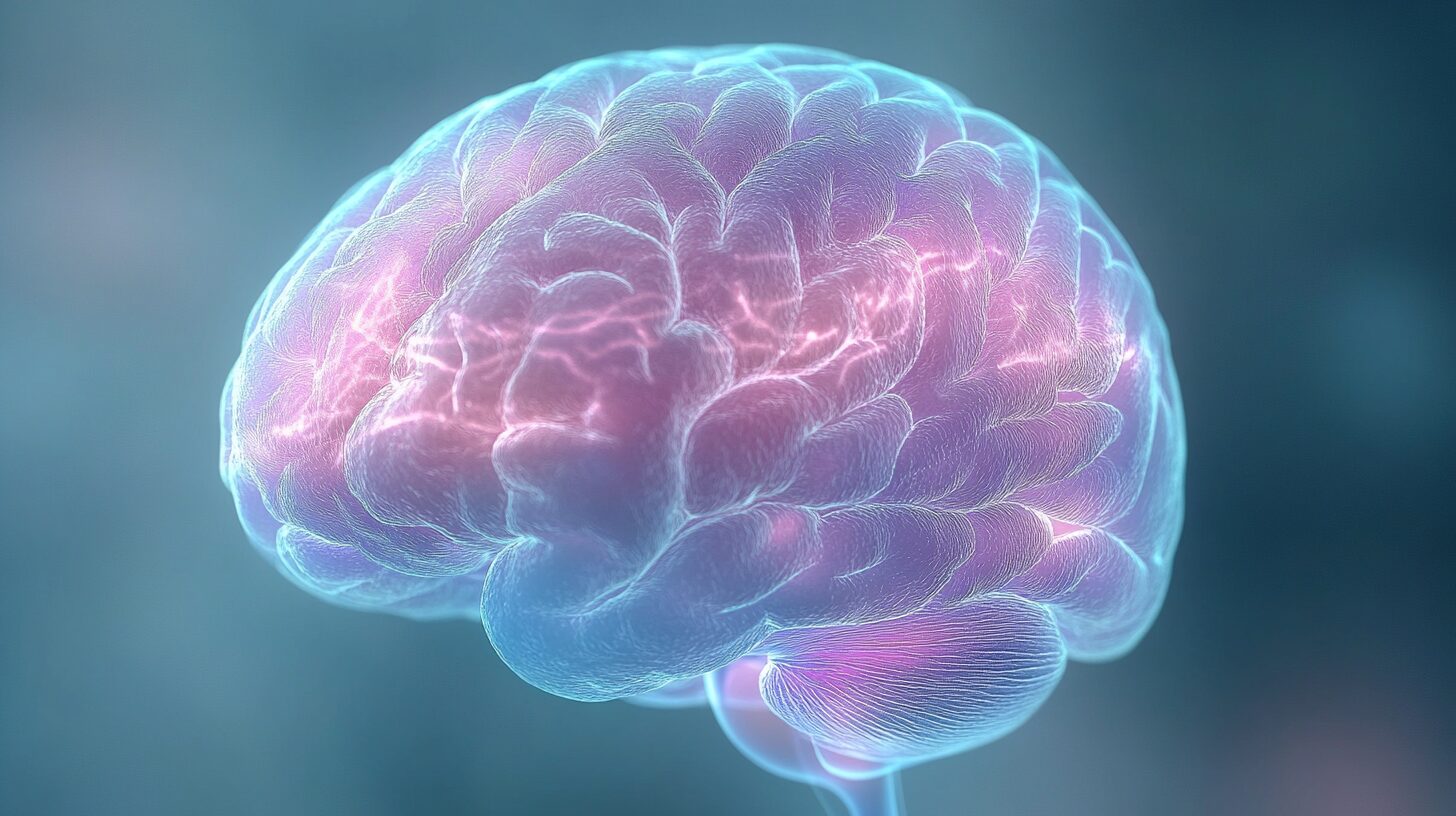Albert Einstein, the iconic physicist, remains a symbol of genius and curiosity. From his groundbreaking theories to his peculiar habits, his life was as fascinating as his scientific contributions. Let’s dive into some intriguing facts about the man who changed our understanding of the universe.
1. Albert Einstein Was a Late Talker
Contrary to what one might expect of a genius, Albert Einstein didn’t start speaking until he was around four years old. This delay worried his parents, but it’s said he would rehearse his sentences in his head before saying them aloud. This phenomenon, often referred to as the “Einstein Syndrome,” has become a source of hope for parents of late-talking children.
2. Albert Einstein Renounced His German Citizenship
At the age of 16, Einstein gave up his German citizenship to avoid mandatory military service. He became stateless for several years until he acquired Swiss citizenship in 1901. This decision reflected his pacifist beliefs, which remained a defining feature of his personality.

3. Albert Einstein Struggled in School
Despite his intellectual prowess, Einstein didn’t excel in traditional schooling. He found the rigid structure and rote memorization stifling. A teacher even told him he would never amount to much. However, his independent thinking and passion for learning propelled him forward.
4. The Miracle Year
1905 is often called Einstein’s “Annus Mirabilis” (Miracle Year). During this time, he published four groundbreaking papers that changed the course of physics: the photoelectric effect, Brownian motion, special relativity, and the famous equation, E=mc². Remarkably, he achieved this while working as a patent clerk in Bern, Switzerland.
 5. Albert Einstein’s Brain Was Unusual
5. Albert Einstein’s Brain Was Unusual
After Einstein’s death in 1955, his brain was studied extensively. Researchers found that it had a higher number of glial cells, which support neurons, in certain areas linked to mathematical and spatial reasoning. This finding sparked debates about the relationship between brain structure and intelligence.
6. Albert Einstein Was Offered the Presidency of Israel
In 1952, Einstein was offered the ceremonial presidency of Israel. Although deeply moved by the offer, he declined, stating that he lacked the “natural aptitude and the experience to deal properly with people.” His humility and self-awareness shone through in this decision.
7. Albert Einstein Loved Music
Einstein was an accomplished violinist who found solace and inspiration in music. He often said that if he hadn’t been a physicist, he would have been a musician. For him, music was a source of joy and a means of creative expression.
8. A Revolutionary Patent Clerk
Einstein’s job as a patent clerk was pivotal in his scientific career. It allowed him the time to ponder theoretical physics while evaluating technical inventions. This blend of practicality and imagination helped him conceptualize ideas that transformed science.
9. Albert Einstein Had a Playful Side
Despite his serious work, Einstein had a mischievous and playful personality. His iconic photo sticking out his tongue epitomizes this. He was known for his sense of humor and often used it to diffuse tension or make complex ideas more relatable.
10. Einstein’s IQ Remains a Topic of Interest
Although Einstein never officially took an IQ test, experts have estimated his IQ to be around 160 to 180 based on his intellectual achievements and groundbreaking work. This estimation places him among the most intelligent individuals in history.
11. Albert Einstein’s Legacy Lives On
Einstein’s contributions to science and humanity are immeasurable. From the theory of relativity to his advocacy for peace and social justice, his impact transcends disciplines and generations.
Albert Einstein’s life reminds us that curiosity, perseverance, and imagination are key ingredients for greatness. Beyond his equations and theories, his story inspires us to think differently, challenge norms, and never stop learning.
Discover Your Own Genius!
Curious about your IQ? Take our scientifically designed IQ test today and find out how your intelligence compares to the great minds of history.


 5. Albert Einstein’s Brain Was Unusual
5. Albert Einstein’s Brain Was Unusual